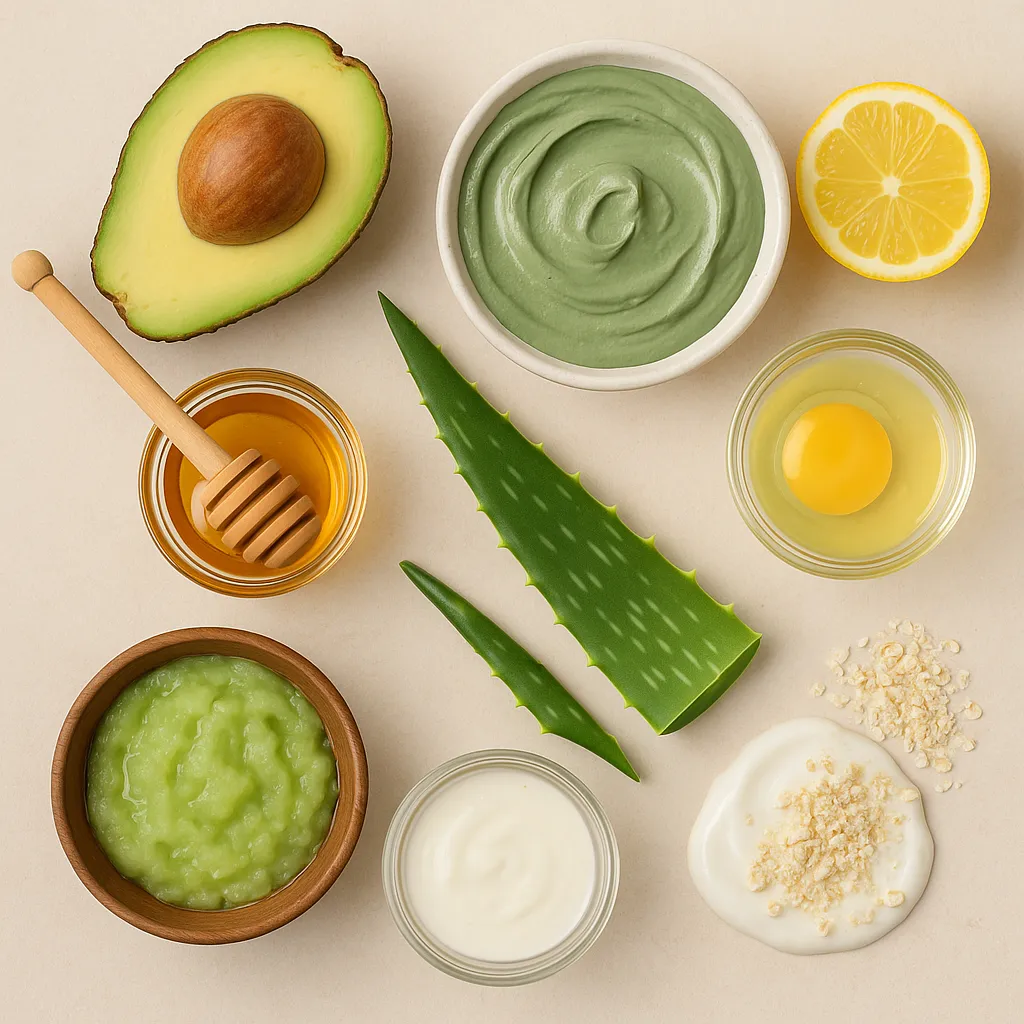Discover the Remarkable Health Benefits of Raspberry Leaf Tea for Women's Wellness
Explore the science-backed benefits of raspberry leaf tea, from easing PMS and supporting pregnancy to boosting antioxidants and digestive health. A natural guide for women's wellness.

What is Raspberry Leaf Tea?
Raspberry leaf tea, derived from the leaves of the Rubus idaeus plant, has been a staple in herbal medicine for centuries. Unlike the fruit itself, it's the leaves that pack a powerful punch of nutrients and bioactive compounds. Traditionally revered as a "woman's herb," this mild, earthy-tasting infusion has been used by midwives and healers to support various stages of reproductive health. Today, it's gaining popularity not just for its potential role in pregnancy but for a broader spectrum of wellness benefits, backed by emerging scientific insights.
Harvested in late summer when the plant's energy is concentrated in its foliage, raspberry leaves are dried and steeped to create a soothing tea. Its subtle flavor, reminiscent of a mild green tea with hints of fruitiness, makes it an easy addition to daily routines. But beyond its palatability lies a treasure trove of potential health advantages, from antioxidant protection to digestive ease.
The Nutritional Powerhouse Behind the Brew
At the heart of raspberry leaf tea's appeal is its impressive nutritional profile. These leaves are brimming with essential vitamins and minerals that support overall vitality. Key nutrients include:
- Vitamins: High in vitamin C for immune support, vitamin E as an antioxidant, and B vitamins for energy metabolism.
- Minerals: Rich in magnesium for muscle relaxation, calcium for bone health, potassium for heart function, and iron to combat fatigue.
- Antioxidants: Loaded with polyphenols like ellagitannins, hydroxybenzoic acids, and anthocyanins, which combat oxidative stress.
These components not only make the tea a nourishing beverage but also contribute to its therapeutic effects. For instance, the high antioxidant content helps neutralize free radicals, potentially reducing inflammation and the risk of chronic conditions. Studies, including test-tube research from 2020, have highlighted ellagic acids in raspberry leaves for their promising anticancer properties by inhibiting cell proliferation in certain cancer lines.
Unlocking Antioxidant Protection
In an era where oxidative stress from pollution, stress, and poor diet contributes to numerous health issues, raspberry leaf tea stands out as a natural defender. The antioxidants in these leaves—particularly ellagitannins—work by scavenging harmful free radicals, preventing cellular damage that can lead to aging, heart disease, and even cancer.
Research underscores this benefit: A 2017 study demonstrated that extracts from raspberry leaves exhibited strong anti-inflammatory effects, comparable to some pharmaceutical options. By modulating inflammatory pathways, the tea may help alleviate conditions exacerbated by chronic inflammation, such as arthritis or skin disorders. Regular consumption could thus serve as a gentle, daily shield for long-term health, promoting radiant skin, sustained energy, and resilience against environmental toxins.
Beyond general antioxidant support, these compounds may enhance metabolic health. Preliminary evidence suggests that polyphenols in raspberry leaf can influence glucose absorption in the intestines, potentially stabilizing blood sugar levels after meals. This makes it a thoughtful choice for those managing prediabetes or seeking to maintain steady energy throughout the day.
Empowering Women's Reproductive Health
Raspberry leaf tea earns its nickname as the "woman's herb" through its profound affinity for female physiology. From adolescence to menopause, it offers tailored support at every turn.
Easing Premenstrual Syndrome (PMS)
For many, the luteal phase brings cramps, mood swings, bloating, and nausea. Raspberry leaf's fragrine—an alkaloid—tones the pelvic muscles, potentially reducing uterine spasms that cause discomfort. Anecdotal evidence abounds, with users reporting lighter flows and fewer mood dips after incorporating the tea into their premenstrual routine.
While large-scale clinical trials are limited, smaller studies and traditional use align on its efficacy. Sipping one to two cups daily during the second half of the cycle may promote hormonal balance, thanks to the tea's mild astringent properties that curb excessive bleeding and water retention. Imagine transforming those dreaded days into manageable ones—raspberry leaf tea could be the key.
Supporting Menstrual Regularity
Beyond symptom relief, raspberry leaf may regulate irregular cycles. Its nutrient density, including iron and B vitamins, combats anemia from heavy periods, while its muscle-toning effects encourage consistent ovulation. Herbalists recommend it for conditions like PCOS or endometriosis, where inflammation plays a role, as the antioxidants help soothe inflamed tissues.
In one observational study, women using raspberry leaf reported more predictable cycles and reduced pain intensity. This holistic approach not only addresses symptoms but nurtures the underlying reproductive ecosystem, fostering fertility and vitality.
Navigating Pregnancy with Confidence
Perhaps the most celebrated use of raspberry leaf tea is during pregnancy, where it's touted for preparing the body for labor. Midwives often suggest starting at 32 weeks to "tone" the uterus—strengthening contractions without overstimulation.
Scientific scrutiny reveals mixed but encouraging results. A 2024 prospective cohort study of 91 pregnant individuals found that raspberry leaf users experienced shorter labors, fewer interventions like epidurals or cesareans, and higher rates of vaginal births. Another 2001 randomized trial, though not statistically significant, noted a 10-minute reduction in second-stage labor and fewer forceps deliveries.
Biophysical research explains this: In vitro studies show raspberry leaf extracts both relaxing and stimulating uterine smooth muscle, depending on dosage and timing—relaxing to ease Braxton Hicks, stimulating to enhance effective contractions. Safety profiles are reassuring; no major adverse effects on mothers or babies have been reported in human trials. However, those with gestational diabetes should monitor blood sugar, as one case linked the tea to mild hypoglycemia.
Early pregnancy benefits include nausea relief, thanks to its gentle digestive action. Overall, while evidence calls for more robust trials, raspberry leaf offers a low-risk option for expectant mothers seeking natural support.
Graceful Transition Through Perimenopause and Menopause
As estrogen levels fluctuate in perimenopause, symptoms like hot flashes, night sweats, and irregular bleeding can disrupt life. Raspberry leaf tea steps in with adaptogenic qualities, potentially stabilizing hormones and easing these transitions.
A 2017 study on mouse models of perimenopause demonstrated that raspberry flavonoids improved ovarian function, reduced anxiety-like behaviors, and balanced estrogen levels at various doses. Human anecdotes echo this, with women noting fewer hot flashes and improved sleep after daily use. Its calcium and magnesium content also counters bone density loss, a key menopausal concern.
Extending into postmenopause, the tea's antioxidants protect against cardiovascular risks heightened by hormonal shifts. It's a versatile ally, smoothing the path through this transformative phase with empathy and efficacy.
Promoting Digestive Harmony
Digestion often takes a backseat in discussions of raspberry leaf tea, yet its benefits here are noteworthy. The tannins and astringent compounds act as a natural soother for the gut, addressing indigestion, bloating, and diarrhea.
By relaxing intestinal smooth muscle—similar to its uterine effects—the tea eases spasms that cause discomfort after meals. A BBC Good Food review highlights its role in supporting overall gut health, potentially aiding conditions like IBS. For those prone to loose stools, it firms up without harshness, while its fiber-like action promotes regularity.
Incorporating it post-meal could transform digestive woes into wellness wins, especially when paired with a balanced diet. Its mild laxative potential at higher doses also makes it useful for gentle detoxification, flushing toxins while nourishing from within.
How to Incorporate Raspberry Leaf Tea into Your Routine
Getting started is simple. Use 1-2 teaspoons of dried leaves per cup of hot water, steeping for 5-10 minutes. For pregnancy, aim for 1-3 cups daily from the second trimester, building tolerance gradually. Non-pregnant users might enjoy it anytime, perhaps blended with mint for flavor.
Quality matters—opt for organic, sustainably sourced leaves to maximize benefits. Consult a healthcare provider before use, especially if on medications, as it may interact with iron supplements or blood thinners due to its vitamin K content.
Navigating Potential Side Effects
Generally well-tolerated, raspberry leaf tea's side effects are rare and mild: occasional loose stools from its laxative effect or mild nausea if overconsumed. In pregnancy, discontinue if contractions intensify unusually. Those with allergies to berries should proceed cautiously.
Evidence from systematic reviews, like a 2021 integrative analysis, affirms its safety at typical doses, with no toxicity in oral human use. Still, moderation and professional guidance ensure a positive experience.
Embracing Raspberry Leaf Tea for Holistic Wellness
Raspberry leaf tea transcends trends—it's a time-honored elixir bridging tradition and science. From fortifying antioxidants to cradling women's cycles through every chapter, its gentle potency invites deeper connection to natural healing. Whether easing a cramp, preparing for birth, or steadying menopausal tides, this unassuming brew reminds us of nature's wisdom.
As research evolves, so does our appreciation for its nuances. Start small, listen to your body, and let raspberry leaf tea weave its subtle magic into your life. In a world of quick fixes, here's a slow sip toward enduring health.


